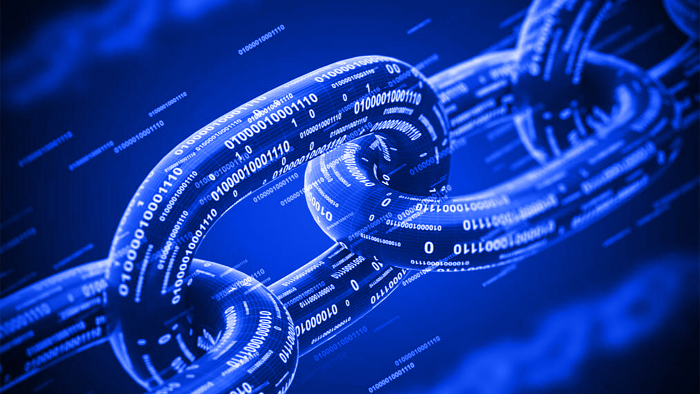Welcome, dear readers, to another exploration into the vast realm of technology. Today, we dive into a topic that concerns us all – the security of our communication systems. With the ever-increasing reliance on call systems for personal and professional interactions, the potential for misuse and unethical practices is a growing concern. In this blog post, we’ll explore how blockchain technology, often associated with cryptocurrencies, can play a crucial role in securing against the unethical use of call systems.
Understanding the Challenge:
Unethical practices in call bombers range from spam calls and phishing attempts to identity theft and unauthorized access to sensitive information. These issues not only infringe upon our privacy but also pose serious threats to the security of individuals and organizations alike. As we navigate this digital landscape, it becomes imperative to seek innovative solutions that can bolster the security of our communication channels.
The Blockchain Advantage:
Blockchain technology, renowned for its decentralized and transparent nature, has the potential to revolutionize the way we secure our call systems. Let’s delve into the key aspects of how blockchain can be a game-changer in this domain.
Immutable Call Records:
The blockchain’s immutability feature ensures that once a record is added to the chain, it cannot be altered or tampered with. Applying this to call records means creating an unforgeable trail of communication. Each call would be securely recorded on the blockchain, providing an indisputable and transparent history of interactions. This not only serves as a deterrent to malicious actors but also facilitates traceability in case of any disputes or security breaches.
Decentralized Identity Verification:
Traditional call systems often rely on centralized databases for user information, making them vulnerable targets for hackers. Blockchain introduces the concept of decentralized identity verification. User identities can be securely stored on the blockchain, and calls can be authenticated without the need for a central authority. This not only enhances privacy but also reduces the risk of unauthorized access to sensitive information.
Smart Contracts for Call Authentication:
Smart contracts, self-executing agreements with the terms of the contract directly written into code, can be employed for call authentication. Calls between parties could be validated through predefined smart contracts, ensuring that only authorized individuals can establish connections. This eliminates the possibility of malicious actors exploiting vulnerabilities in the call system.
Tokenized Reputation Systems:
Implementing a tokenized reputation system on the blockchain can address the issue of spam calls. Callers with positive reputations earn tokens, while those engaged in unethical practices lose them. This decentralized reputation system creates a self-regulating mechanism, where legitimate callers are incentivized, and malicious actors are penalized. Such a system fosters a trustworthy call environment.
Challenges and Considerations:
While the potential benefits of integrating blockchain into call systems are promising, it’s essential to acknowledge the challenges and considerations associated with this technology.
Scalability:
Blockchain networks, especially those with high transaction volumes, may face scalability issues. Ensuring that the blockchain infrastructure can handle the immense number of call transactions is a crucial consideration.
User Adoption:
Introducing blockchain into call systems requires user acceptance and adoption. Educating users about the benefits of this technology and addressing any concerns they may have is vital for successful implementation.
Interoperability:
Seamless integration with existing telecommunication systems is a challenge. Ensuring interoperability between blockchain-based call systems and traditional networks is essential for widespread adoption.
Conclusion:
In conclusion, the integration of blockchain technology into call bombers presents a compelling solution to enhance security and combat unethical practices. The immutability of call records, decentralized identity verification, smart contracts, and tokenized reputation systems collectively contribute to creating a robust and secure communication environment.
As we move forward in this digital age, it is imperative to explore innovative technologies that not only address current challenges but also pave the way for a more secure and trustworthy future. Blockchain, with its transformative capabilities, has the potential to redefine the landscape of call system security, offering a beacon of hope in the face of evolving threats.
So, dear reader, let us embrace the possibilities that blockchain brings to the table and work towards a safer and more secure communication future.
- Can I watch movies in different languages on FilmyMeet? - March 5, 2024
- Does Khatrimaza have a download limit? - March 2, 2024
- How long does it take for new movies to appear on Khatrimaza after their release? - February 27, 2024
